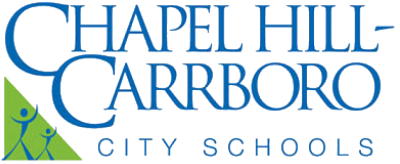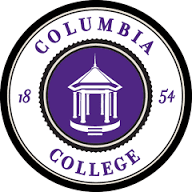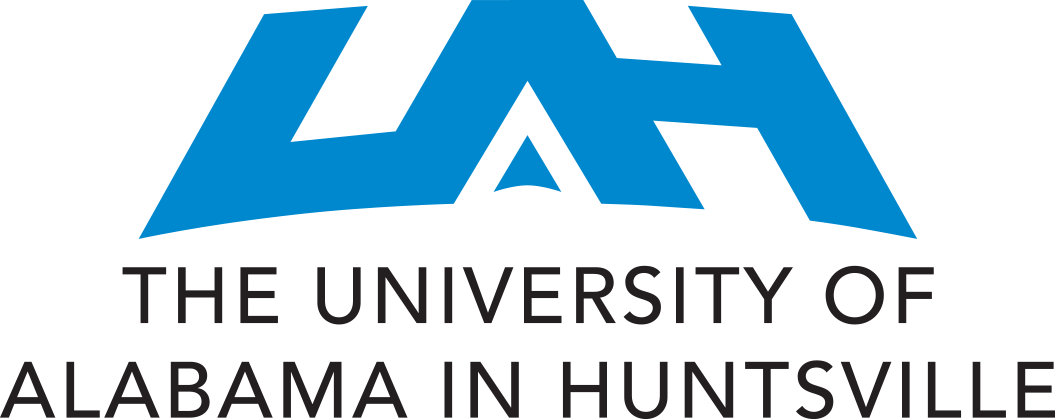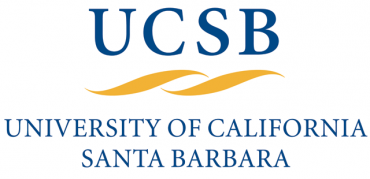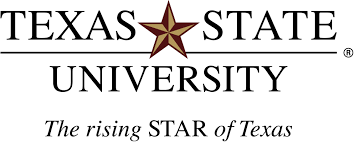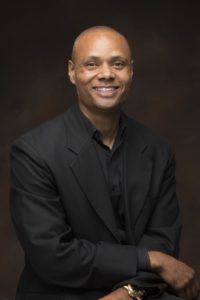
Dr. Sonny Kelly is a Fayetteville-based actor, facilitator and writer. His production, “The Talk” has impacted many in the Triangle area as he stands up and confronts the pain and discomfort in talking with your kids about the color of their skin, and the implications that come with. This was a powerful conversation that stirred my heart, and I hope it will also stir yours.
How long have you worked with Theater Delta?
Oh my goodness, Lyn will have to tell for sure, but if my memory serves…. my first experience was in 2015 when I met Ben. We were introduced through a few friends, Marie Garlock and J. Alphonse Nicholson (who is now off in Hollywood – yeah I just dropped his name, haha.) I was fond of Augusto Boal’s work and I loved what I was hearing about Theater Delta.
What’s funny is that my first job with him was an acting gig. During the performance, he saw something in me and asked me to do a facilitation on underage drinking at Carter G Woodson School’s African American Theater Festival. A youth group was doing the acting, and Ben wanted me to come in to facilitate the conversation with the 10-12th grade audience. We did two shows in a library. The young people didn’t know us, yet the magic of TD still worked. The bug bit me -this TD thing, I’m doing this again!
What topics do you usually facilitate with us?
My first official facilitation after the Woodson School was back in 2016. I believe it was at Washington and Lee and Lakeisha Coffey was there with me – the skit was called “This is Not What We Need Right Now” which explored conflicts within nonprofits between community members, providers, and leaders of funding organizations. This scene portrayed a funder philanthropist pressuring people on the ground to meet measurable objectives. In my real life, I’d been in the position of a grant writer – where you have to cater to the person in that role who is constantly condescending, controlling and very out of touch with what’s happening in the community. That person had been my nemesis for so long, and I loved playing that role. It was also cool to break through some stereotypes, being the black funder, instead of the “great white hope.”
Sine then, I have been all over the place, I’m a jack of many trades. I was proud and excited to take on more facilitation gigs starting in 2017, leading a conversation at Iowa State on the Isms, and a marathon five How ‘Bout This Party (our scene on Sexual Assault and Alcohol) performances in two days at University of Denver. The U of D performance was cool because it showed me that I could use my masculinity to look out and teach 19 year old frat boys – dude, you don’t do this. It was a true TD experience – the facilitator is also the DJ, playing sound cues for the scene, everyone’s pitching in to help. That’s the attitude – it’s not about you, it’s about the show – whatever you gotta do, get it done. This gave confirmation to me that I was right where I needed to be because although exhausting, I was so energized by that two-day whirlwind. I’m a Theater Delta dude.
We are a motley troupe of excellent players.
What from your work with Theater Delta has come to play out in your real life?
I lead critical conversations about equity and inclusivity and racism, I facilitate and lead people through difficult conversations. The three rules that we give audience members at the beginning of all TD shows are – show respect, speak for yourself, and give others the benefit of the doubt. This has been huge for me – I implement those three rules every time I do a training, they are cornerstone concepts and I use them ALL THE TIME.
In what ways have you been personally affected by racism?
I’m gonna be honest with you – what hurts me is that I have been shielded, isolated and protected more than many of my Black brothers and sisters. I was raised in California, so there was diversity all around me, but being “the black kid” brought forth very subtle discriminations. In middle school I was expected to know how to dance, rap, and date the one black girl in our school. It came with a set of expectations that alienated us from even each other. I was learning how to operate in the skin and whether to meet or reject expectations? Press up against the microaggressions or withdraw?
When I was a freshman in high school, I was no longer the only black kid, but I now innately understood the master of adjusting, the need to mold to meet expectations. It was easy to step into potholes. I remember vividly having a pencil tucked behind my ear, and getting looks that I was “too good” for my other Black classmates. I took it out and never out a pencil behind my ear again. Three years later, racial expectations were nipping at my heels yet again when I told my school counselor I was interested in going to Stanford, and he responded with a suggestion to go to an HBCU instead. From the day I stepped foot on Stanford’s Campus. I worked my tail off so that I would never hear “you shouldn’t have come here.”
I was taught by my dad to hustle. He grew up in the segregated South – you work hard and never let them speak ill of your good. Racism will challenge you to be the best individual you can be for survival. But what about those of us who are not “exceptional” but still wonderful and beautiful and talented? They get passed over, while a lot of mediocre white people succeed. Racism is an illogical evil insidious puppet master – it turns everyone into fools.
Lately, I am learning a lot through the Black Lives Matter movement. I’m seeing millions of people that have experienced harsher, rougher racism due to socioeconomic status. I was able to be raised in middle class where we were educated – I had no experience with gangs, abuse, violence. It takes learning that racism is not just a problem of race but socioeconomics. Everyone deserves the same blessings, access that I have. There is some caste system to which someone’s blackness is not as bad as their other black friends. People want to deny it – but it’s true. To be a poor person is tough, to be poor black person in a rich country is tougher.
There is more learning, solidarity to forge. We need to attack racism – call people in instead of calling out – that’s what will enact change.
What do you wish other people could understand about race in America?
After one of my performances, an 11-year old white, Russian boy asked me, “Do you think we will ever be done with racism?”
I believe it will never fully be eliminated while we are on this Earth. There will always be a way of racializing people, even when we all become beige, we will find something to segregate us, because we all are fearful of the unknown, fearful of scarcity or being left out. To quote Yoda, “Fear is the path to the dark side…. fear leads to anger… anger leads to hate… hate leads to suffering.”
Racism is a nonsensical social construct, but it has TEETH – let us confront it and deal with it. Knowing it will never fully be eliminated shouldn’t stop us from seeking light, love, and mitigate while we are here. Let us continue finding ways to counter that racialization – counter it and resist it with love and inclusion. Colorblindness is a valid and virtuous goal, yet not realistic. We need to acknowledge color, articulate and celebrate the differences. Diversity is beautiful and wonderful. Inclusivity is to share my understanding power, validate and affirm you. Now we are getting somewhere.
Lastly, will you share with us a little bit about your hope for “The Talk”?
The Talk helps to open up minds – I encourage everyone to have the talk with their kids growing up. To sit down and share with your children in a safe and honest way that there is difference in the world, that we see that as an asset – it’s beautiful. We are all born capable of hate, it becomes a sickness and can kill the good ones. It is our job as adults to shape our kids’ hearts and minds. To teach them that they have power over these thoughts, and to make sure that these thoughts are not shared. Have these important conversations with your children, grandchildren, nieces, nephews and friends.
